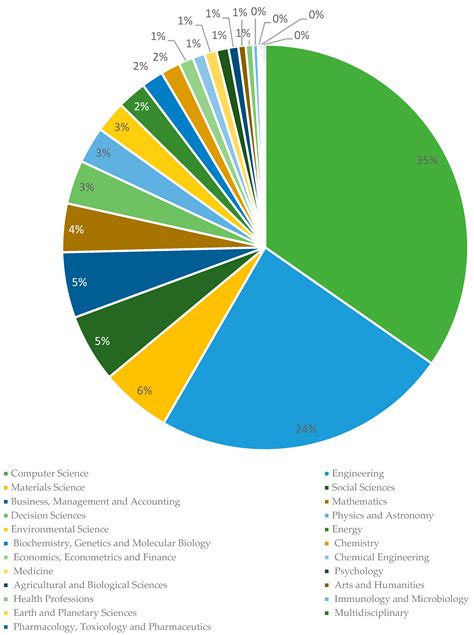Intelligent contracts: the AI revolution in legal agreements
In recent years, the use of artificial intelligence (AI) has revolutionized various sectors, including finance, health care and transport. An area in which the IA is widely applied is in the reign of legal agreements, in particular intelligent contracts. In this article, we will deepen the concept of intelligent contracts, their benefits and the way they are transforming the way the laws are made.
What are the intelligent contracts?
An intelligent contract is a self-execution agreement between two parties that automatically follows specific rules and terms when certain conditions are satisfied. It is an electronic documentation that contains all the details of the contract, such as the parties involved, the activities underway and all the conditions that must be met before the transaction can proceed.
The intelligent contracts were introduced for the first time by the cryptographer Nick Szabo in 1997. They were initially designed to solve a problem in the field of digital rights management (DRM), but since then they have evolved to become an essential tool for various sectors .
Advantages of intelligent contracts
The use of intelligent contracts offers numerous advantages, including:
- Increase in efficiency : intelligent contracts automate the process of execution of agreements, reducing the need for intermediaries and minimizing disputes.
- Improved accuracy : using digital records, intelligent contracts eliminate errors and reduce the risk of human error.
- improved security : intelligent contracts use encryption to ensure that transactions are safe and tampering.
- Reduced costs : Intelligent contracts can automate routine processes, reducing the need for manual interventions and associated costs.
types of intelligent contracts
There are different types of intelligent contracts, including:
- Acts of intelligent property : These contracts allow the owners to transfer the property of the property without going through a third party intermediary.
2
- Insurance : Intelligent contracts can be used to create risk sharing agreements between the parties.
Applications in Law
Intelligent contracts are applied in various legal areas, including:
- Real Estate : Intelligent contracts can automate property transfers, reduce waste and increase efficiency.
2
- Intellectual property : intelligent contracts can be used to protect intellectual property rights.
Regular framework
As the use of intelligent contracts grows, the regulatory paintings are developed to ensure compliance with existing laws and regulations. For example:
- United States : The Supreme Court has established that the contracts based in Blockchain have the same legal effect as traditional contracts.
- European Union : the European Parliament has proposed a regulation on the use of the verification of digital identity in the management of the supply chain.
Challenges and limitations
While intelligent contracts offer many advantages, there are also challenges and limitations on their adoption:
1
- Interoperability : different blockchain platforms can have different bees, making integration with existing systems difficult.
- Regulatory obstacles : the use of intelligent contracts requires significant regulatory changes, which may take time.
Conclusion

Intelligent contracts are revolutionizing the way in which the laws are made, increasing efficiency, accuracy and safety in various sectors. As the technology continues to evolve, we can expect to see a more widespread adoption in sectors such as properties, management of contracts and intellectual properties.

